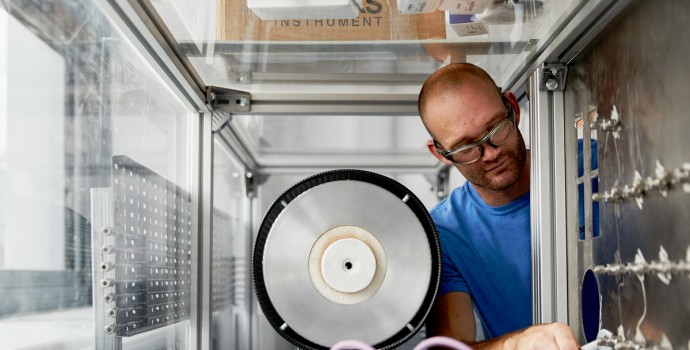
Physiotherapy
Discover your research degree study options, including areas of expertise for our academic supervisors.
Why you should join us
Our research degrees will help you advance or change your career, deepen your expertise, and expand your research and practical skills.
Our research areas
Discover our areas of expertise and browse our experts. We encourage you to discuss your research ideas with us – even if your topic is not listed.
- Biomechanics
- Clinical and economic outcomes
- Musculoskeletal health and wellbeing, including spine, shoulder and knee
- Neurology
- Quantitative and qualitative research methodologies
Qualifications you can study
You can do a research degree on campus or remotely through distance learning. Choose from one of these programmes:
- PhD Health Professions — three years full-time, six years part-time
- Masters by Research — one year full-time, two years part-time
- MPhil — 18 months full-time, 36 months part-time
Find out about the research degrees we offer.
Start dates
Most of our students enrol in October. You can also join us in January and April.
Application information
Entry requirements
To apply, you’ll need a first or 2.1 honours degree, or an equivalent qualification.
International students must have strong English language skills.
We welcome applicants from non-standard backgrounds. We’ll take subject knowledge, professional experience, publications, or other relevant achievements into consideration.
Find out more about our standard entry requirements.
Scholarships, fees and funding
Contacts
Contact us
About this subject
For an initial discussion, contact Dr Peter Goodwin, the research degrees co-ordinator for physiotherapy, at p.goodwin@mmu.ac.uk.
General admissions
For further information on the application process, contact the admissions team at pgradmissions@mmu.ac.uk


